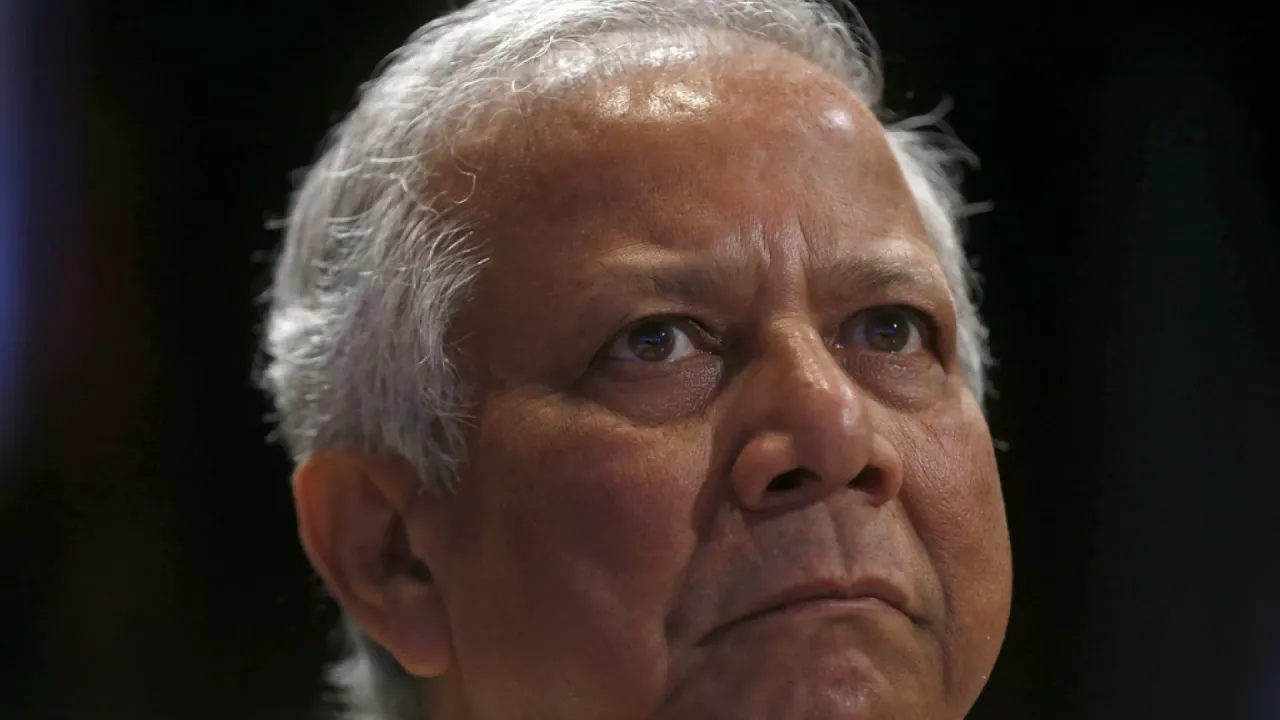A court in Bangladesh sentenced Nobel Peace Prize laureate Muhammad Yunus to six months in prison for violating the country's labor laws.
Grameen Telecom, a non-profit organization founded by Yunus, is at the center of the case.
Yunus, who pioneered the use of microcredit to help the poor, appeared in court and was released on bail.
The court gave Yunus 30 days to appeal the verdict and sentence.
The ruling said that according to company policy, 5 percent of Grameen's dividends should be distributed to staff, but this was not done.
Sheikh Merina Sultana, presiding judge of the Third Labour Court in Dhaka, said at least 67 Grameen Telecom employees should have been made permanent employees but were not, and a "welfare fund" was not set up to support staff in emergencies or special needs.
Company chairman Yunus and three other company executives were found guilty and sentenced to six months in prison each. Yunus was also fined $260.
The 83-year-old economist said, "We are being punished for a crime we did not commit. This was my fate, the fate of the nation. We have accepted this verdict, but we will appeal this verdict and we will continue to fight against this punishment."
Prosecutor Khurshid Alam Khan said, "We think business owners will now be more careful about violating labor laws. No one is above the law."
Grameen Telecom owns 34.2 percent of the country's largest cell phone company Grameenphone, a subsidiary of Norwegian telecom giant Telenor.
Prime Minister Sheikh Hasina and Yunus' 'fight'
The Nobel laureate also faces a number of other charges, including allegations of corruption and embezzlement.
Yunus' supporters believe he is being targeted because of his frosty relations with Bangladesh Prime Minister Sheikh Hasina Wajid. The Bangladeshi government has denied this claim.
She has called Yunus a "bloodsucker" of the poor and said Grameen Bank charged exorbitant interest rates.
In August, more than 170 figures wrote a letter calling on Hasina to suspend all legal action against Yunus.
In the letter, leaders including former US President Barack Obama, former UN Secretary-General Ban Ki-moon and more than 100 Nobel laureates expressed deep concern about recent threats to democracy and human rights in Bangladesh.
Wajid responded strongly to the letter, asking international experts and lawyers to come to Bangladesh to examine documents and assess the legal process regarding the charges against Yunus.
The Wajid administration launched a series of investigations against Yunus after coming to power in 2008. Yunus was fired as the bank's chief executive for allegedly violating government pension regulations.
In 2013, Yunus was put on trial on charges of receiving money without government authorization, including the Nobel Prize and royalties for one of his books.
Muhammad Yunus and the Grameen Bank, which he founded in 1983 and which provides loans to small entrepreneurs, were awarded the Nobel Peace Prize in 2006.












